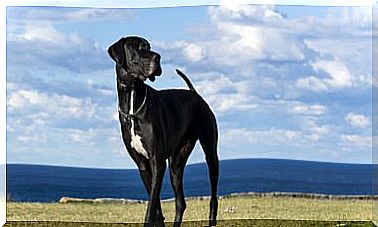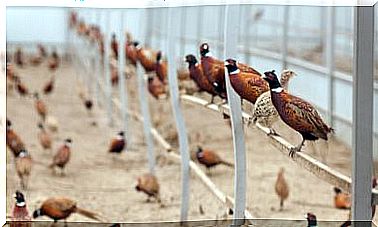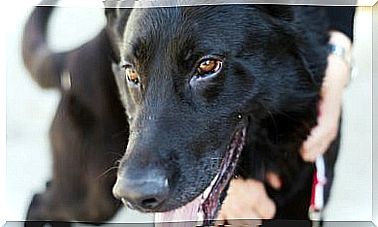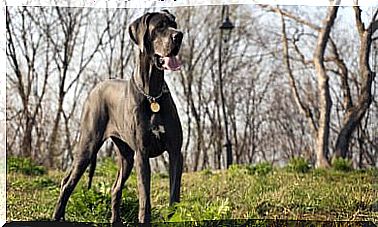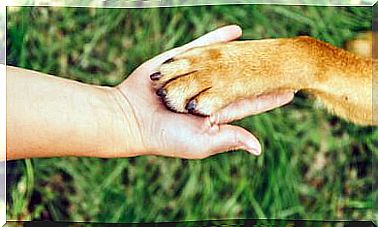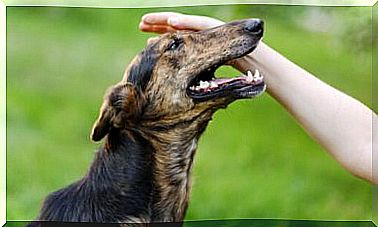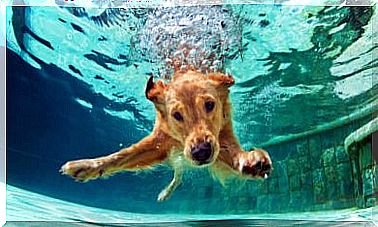General Tips For Feeding Large Dogs
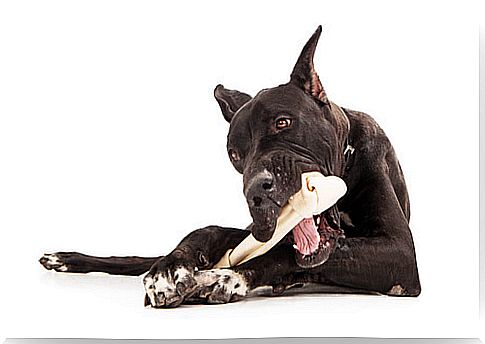
General tips for feeding large dogs
The nutritional needs of any animal are dependent on its metabolism, its level of physical activity and its size. Feeding large dogs is quite different from other breeds and requires owners to have the knowledge to provide their pet with the nutrients it needs.
The nutritional needs of a large dog
At birth, the average puppy will weigh between 120 and 550 grams. The amounts of food that you should provide your pet, of course, vary enormously depending on its size.
Broadly speaking, however, what you have to know about the nutrients of these animals is the following:
- An average dog will require that his diet consist of a minimum of 22 grams of animal protein and a maximum of 25.
- When it comes to fat, the maximum you can eat per day is 82.5 grams. The average recommended amount is 13.8.
- As for vitamins and minerals, those that should be more present in your diet are vitamin A and vitamin E, among others. Calcium, phosphorus, and potassium are the most important minerals in your diet.
The Association of American Feed Control Officials (AAFCO) is an entity that publishes nutritional profiles on a regular basis and updates the nutrients that are best for your pet.
Thanks to these guidelines, it is becoming easier to know exactly what your pet needs to be healthy and to prevent possible diseases and nutritional deficiencies.
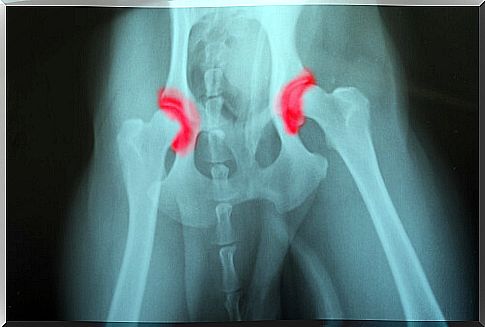
The consequences of a nutritional imbalance
25% of veterinary consultations are related to developmental orthopedic diseases, as well as osteoarthritis. In at least a quarter of cases, the disease has a food origin based on an unbalanced diet that is poor in calcium and other essential nutrients.
Contrary to what you may think, an overfeeding in a puppy can be more harmful than a malnutrition. Although the puppy does not receive the necessary nutrients for a period of time, it will ‘give the stretch’ shortly after regaining balance in its diet.
If a puppy is overfed, however, he will gain weight and grow at a faster rate than advised. This will cause an overload of the skeleton that can lead to the following diseases:
- Osteochondrosis
- Hip dysplasia
- Fragmentation and fissure of the coronoid process
In 1974, a study analyzed 12 pairs of Great Dane dogs, which were fed a diet rich in protein, phosphorus and calories. In dogs fed this way, the diseases mentioned above were more prevalent.
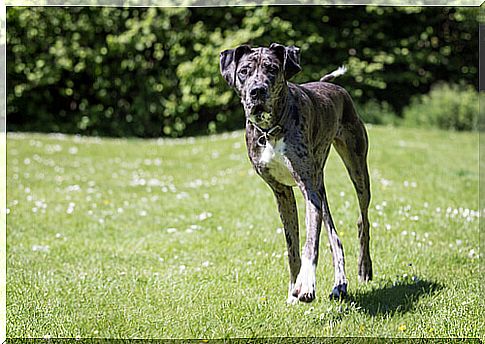
Compared to large dogs that received an unbalanced diet, those that had a balanced one showed far fewer diseases associated with overgrowth. Hip dysplasia was one of the most common in large overfed dogs.
In adults, overfeeding leads to a number of different problems for the animal. Joint deterioration appears to be one of the most common symptoms in the older population.
Remember that, to a balanced diet such as the one described here, you must combine an amount of daily exercise in accordance with the energy expenditure of the breed in question, since, although you feed your pet correctly, problems derived from a lifestyle can also arise sedentary.
